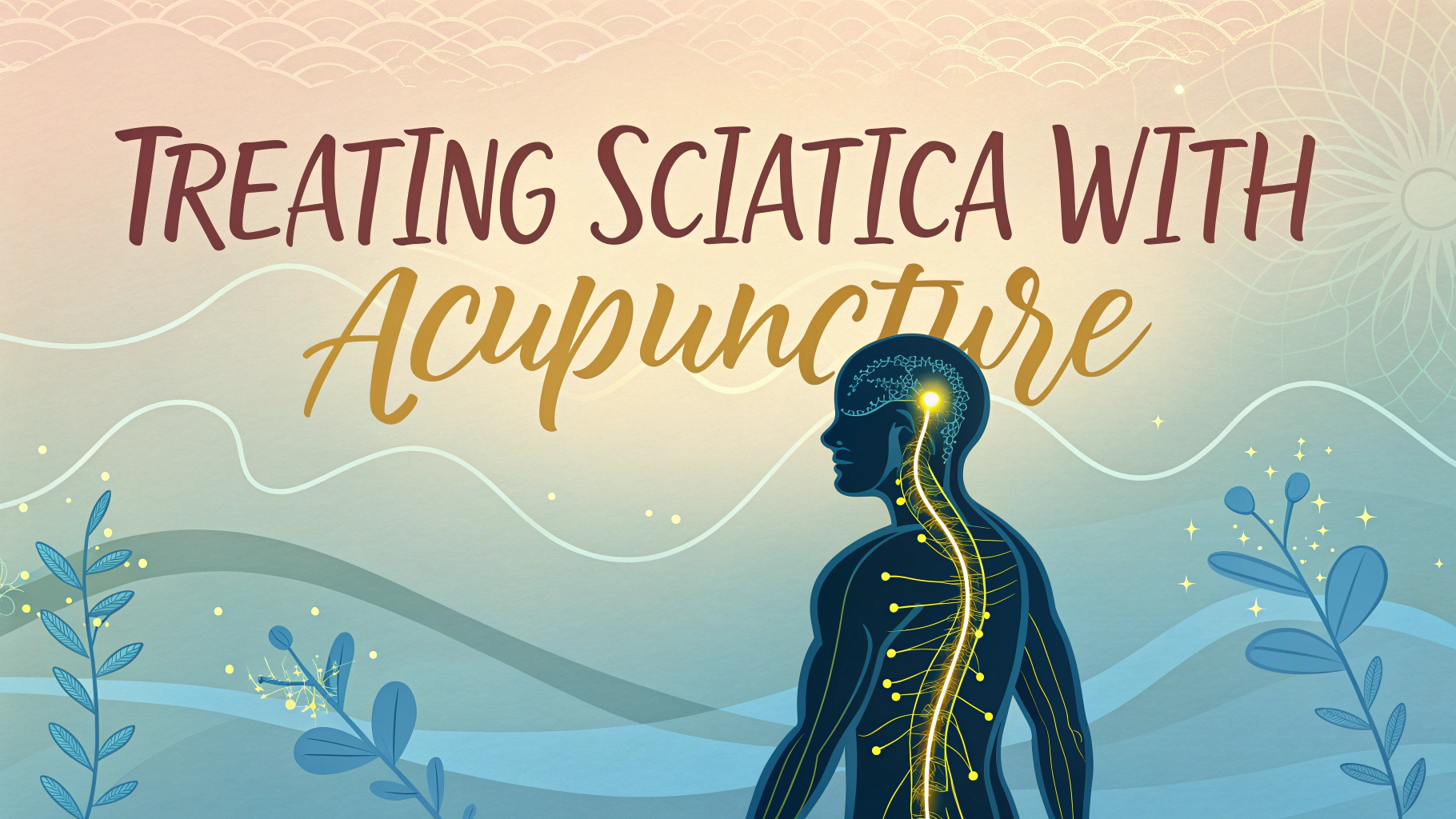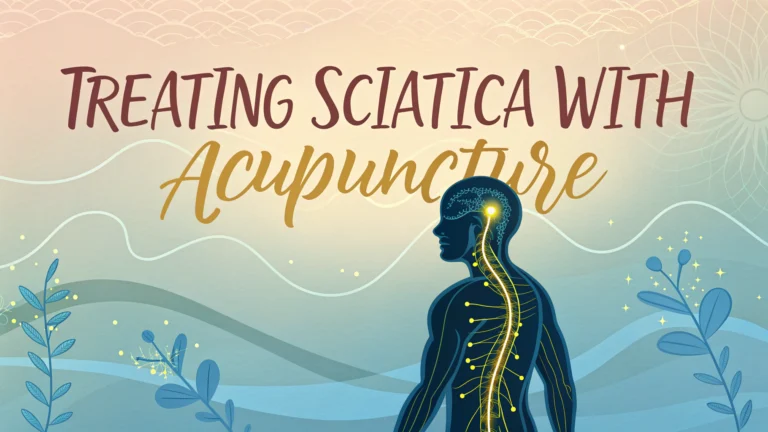Sleep disorders affect millions of people worldwide, impacting both physical health and quality of life.
Traditional Chinese Medicine (TCM) offers acupuncture as a natural, drug-free approach to treating various sleep issues, from insomnia to sleep apnea.
Research shows acupuncture can help regulate sleep patterns by influencing the body’s production of melatonin and other sleep-related hormones.
How Acupuncture Helps with Sleep
Acupuncture works by stimulating specific points along energy meridians to restore balance in the body.
- Reduces anxiety and stress levels
- Regulates circadian rhythm
- Increases natural melatonin production
- Decreases inflammation
- Balances neurotransmitters
Common Sleep Issues Treated with Acupuncture
- Insomnia
- Sleep apnea
- Restless leg syndrome
- Night sweats
- Anxiety-related sleep problems
Treatment Protocol
A typical treatment plan involves weekly sessions for 6-8 weeks, followed by maintenance sessions as needed.
Session Type
Frequency
Duration
Initial Treatment
1-2x weekly
6-8 weeks
Maintenance
Monthly
As needed
Self-Care Tips to Enhance Treatment
- Maintain consistent sleep and wake times
- Create a relaxing bedtime routine
- Avoid screens 1 hour before bed
- Practice gentle evening stretching
- Use meditation or deep breathing exercises
Finding a Qualified Practitioner
Look for practitioners certified by the National Certification Commission for Acupuncture and Oriental Medicine (NCCAOM).
Contact your state’s acupuncture board for licensed practitioners in your area.
Schedule an initial consultation to discuss your specific sleep concerns and treatment options.
What to Expect During Treatment
- Initial consultation: 60-90 minutes
- Follow-up sessions: 45-60 minutes
- Needle retention time: 20-30 minutes
- Minimal to no discomfort
Next Steps for Better Sleep
Schedule a consultation with a licensed acupuncturist to create a personalized treatment plan.
Keep a sleep diary to track improvements throughout your treatment.
Combine acupuncture with good sleep hygiene practices for optimal results.
Safety and Precautions
While acupuncture is generally safe, certain conditions require special consideration:
- Pregnancy
- Bleeding disorders
- Blood thinning medications
- Immune system disorders
- Pacemakers
Insurance Coverage
Many insurance providers now cover acupuncture treatments. Check with your provider about:
- Coverage limits
- Required documentation
- Pre-authorization needs
- In-network practitioners
Complementary Treatments
Enhance your sleep therapy with these complementary TCM approaches:
- Chinese herbal medicine
- Cupping therapy
- Gua sha
- Tui na massage
- Dietary modifications
Your Path to Restorative Sleep
Acupuncture offers a natural, effective solution for sleep disorders when combined with proper sleep hygiene and lifestyle changes.
- Start with a qualified practitioner
- Commit to the recommended treatment schedule
- Implement suggested lifestyle changes
- Monitor your progress
- Maintain regular follow-up appointments
Remember that improving sleep quality is a journey that requires patience and consistency. With proper treatment and dedication, better sleep is achievable through acupuncture and Traditional Chinese Medicine.
FAQs
- How does acupuncture help with sleep disorders?
Acupuncture stimulates specific points that regulate the nervous system, promoting the release of neurotransmitters and hormones like serotonin and melatonin, which help regulate sleep cycles and promote relaxation. - How many acupuncture sessions are typically needed to improve sleep?
Most patients begin seeing improvements in sleep patterns after 6-8 sessions, though some may notice changes after 3-4 treatments. A typical course involves weekly sessions for 8-12 weeks. - Which sleep conditions can acupuncture effectively treat?
Acupuncture can help with insomnia, sleep apnea, restless leg syndrome, night terrors, anxiety-related sleep issues, and circadian rhythm disorders. - Are there any side effects of using acupuncture for sleep disorders?
Side effects are minimal but may include mild bruising, slight soreness at needle sites, and temporary fatigue. Serious adverse effects are extremely rare when performed by licensed practitioners. - Can acupuncture be combined with sleep medications?
Yes, acupuncture can safely complement conventional sleep medications. However, always inform your acupuncturist about any medications you’re taking. - What specific acupuncture points help with sleep?
Common points include Heart 7 (Shenmen), Anmian, Pericardium 6 (Neiguan), and Kidney 6 (Zhaohai), which are known to calm the mind and promote better sleep. - How long do the sleep-improving effects of acupuncture last?
Effects can last several days to weeks after treatment, with longer-lasting results typically achieved through a complete course of treatment and lifestyle modifications. - Is there scientific evidence supporting acupuncture for sleep disorders?
Multiple clinical studies have shown acupuncture’s effectiveness in improving sleep quality and treating insomnia, with research published in journals like the Journal of Clinical Sleep Medicine and Sleep Medicine Reviews. - What should I do before and after an acupuncture session for sleep?
Before: Eat a light meal and avoid caffeine. After: Stay hydrated, avoid strenuous exercise, and maintain a regular sleep schedule to maximize benefits. - Can children receive acupuncture for sleep problems?
Yes, children can receive acupuncture, though practitioners often use gentler techniques or non-needle methods like acupressure for younger patients.
Author: AcupunctureMy
Related Posts
Acupuncture Research Standards
Research Corner
|
methodology, science
Research standards in acupuncture have evolved significantly over the past decades to ensure reliable, evidence-based results that can be replicated across different studies. The integration of modern scientific methods with ... Read more
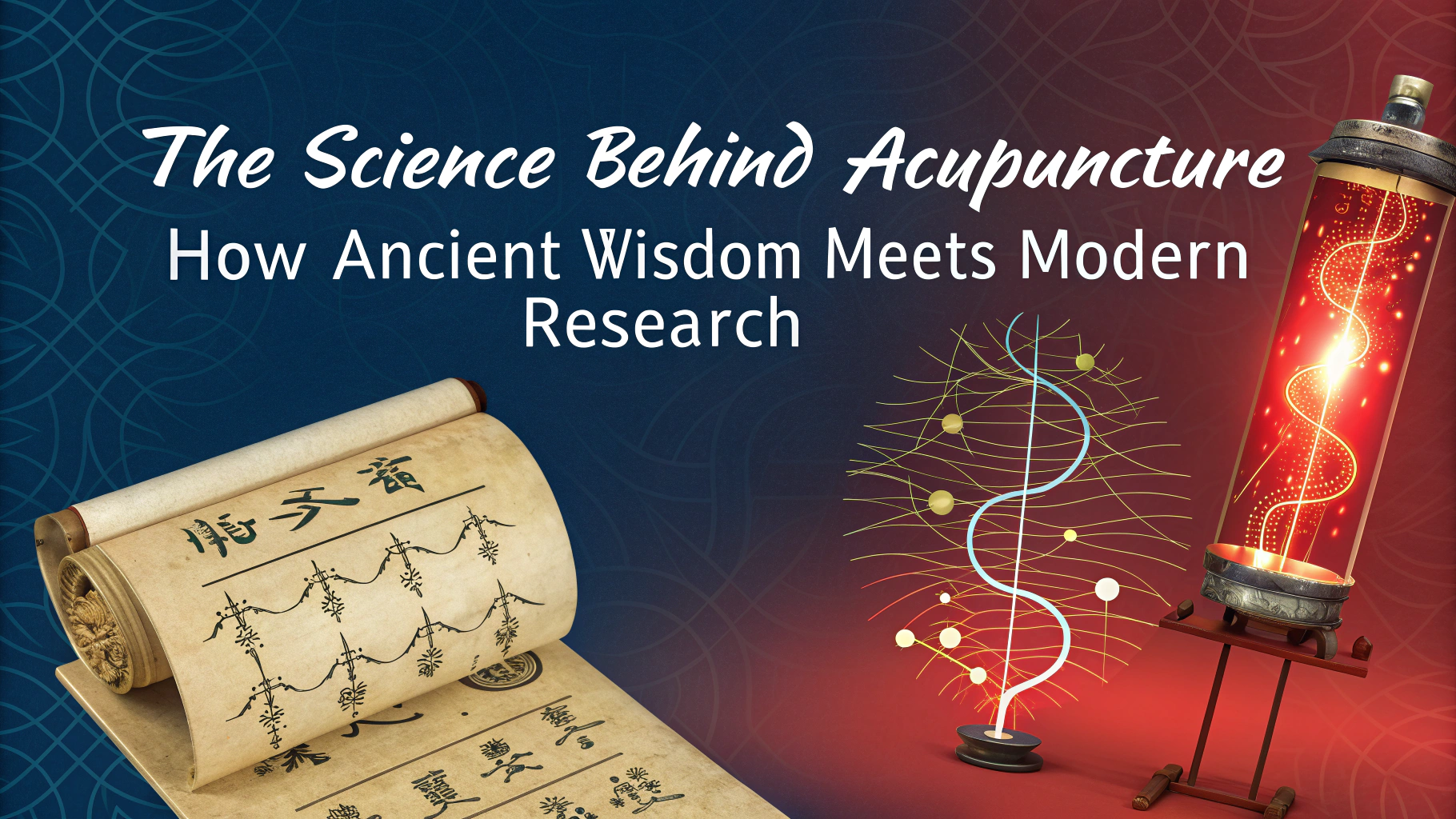
Understanding Treatment Duration
Treatment Guides
|
expectations, planning
The length of an acupuncture treatment plan varies significantly based on individual health conditions and treatment goals. A typical acupuncture session lasts between 30-60 minutes, with the needles remaining in ... Read more
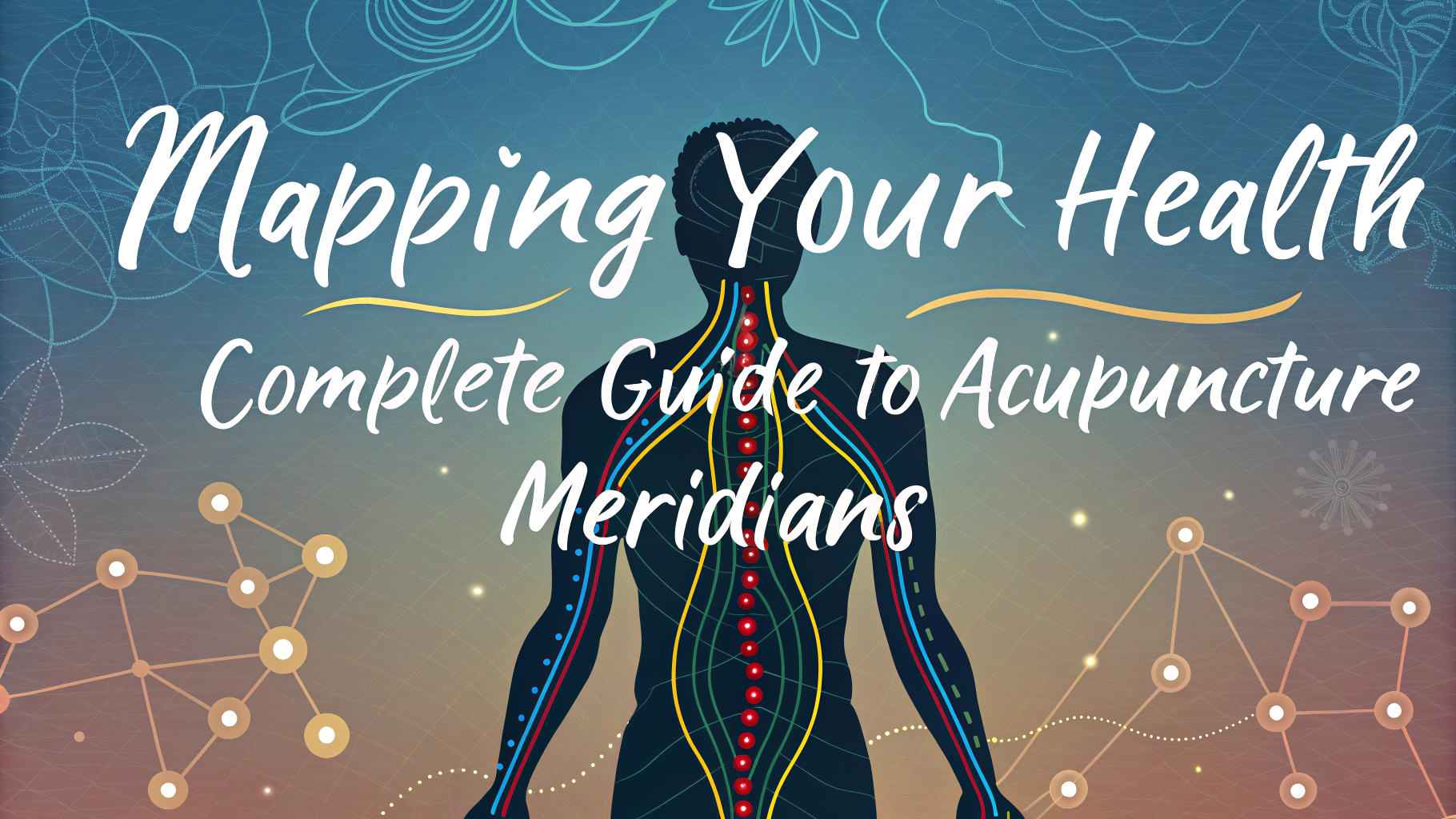
Traditional Chinese Medicine Weather Theory
Fundamentals
|
environment, health
Traditional Chinese Medicine (TCM) recognizes intricate connections between weather patterns and human health, developing sophisticated frameworks for understanding these relationships over thousands of years. Weather changes can significantly impact our ... Read more
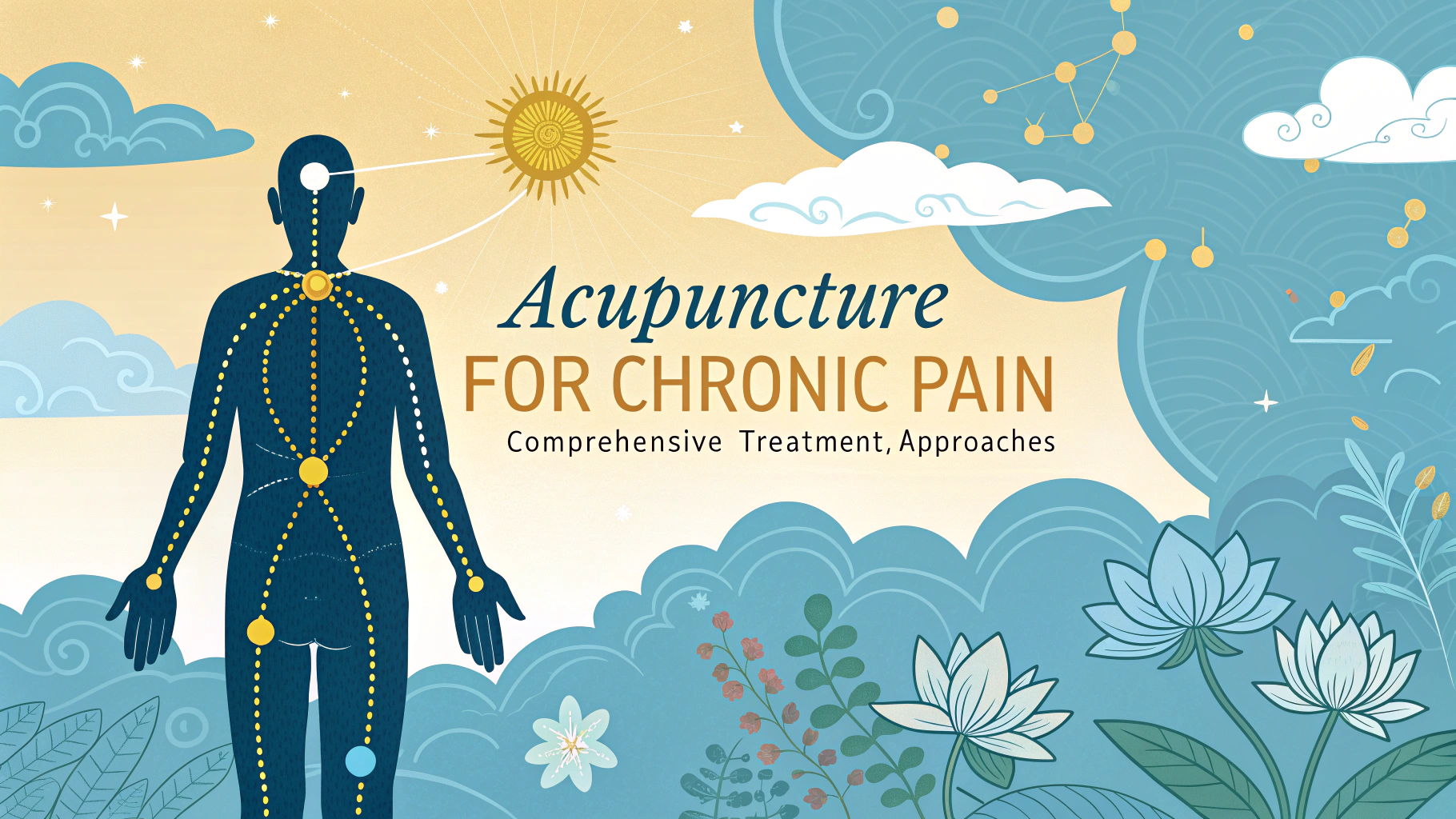
Acupuncture for Sinus Health
Conditions Treated
|
allergies, respiratory
Acupuncture offers a time-tested approach to managing sinus problems by targeting specific pressure points that can help relieve congestion, reduce inflammation, and restore proper sinus function. Traditional Chinese Medicine views ... Read more
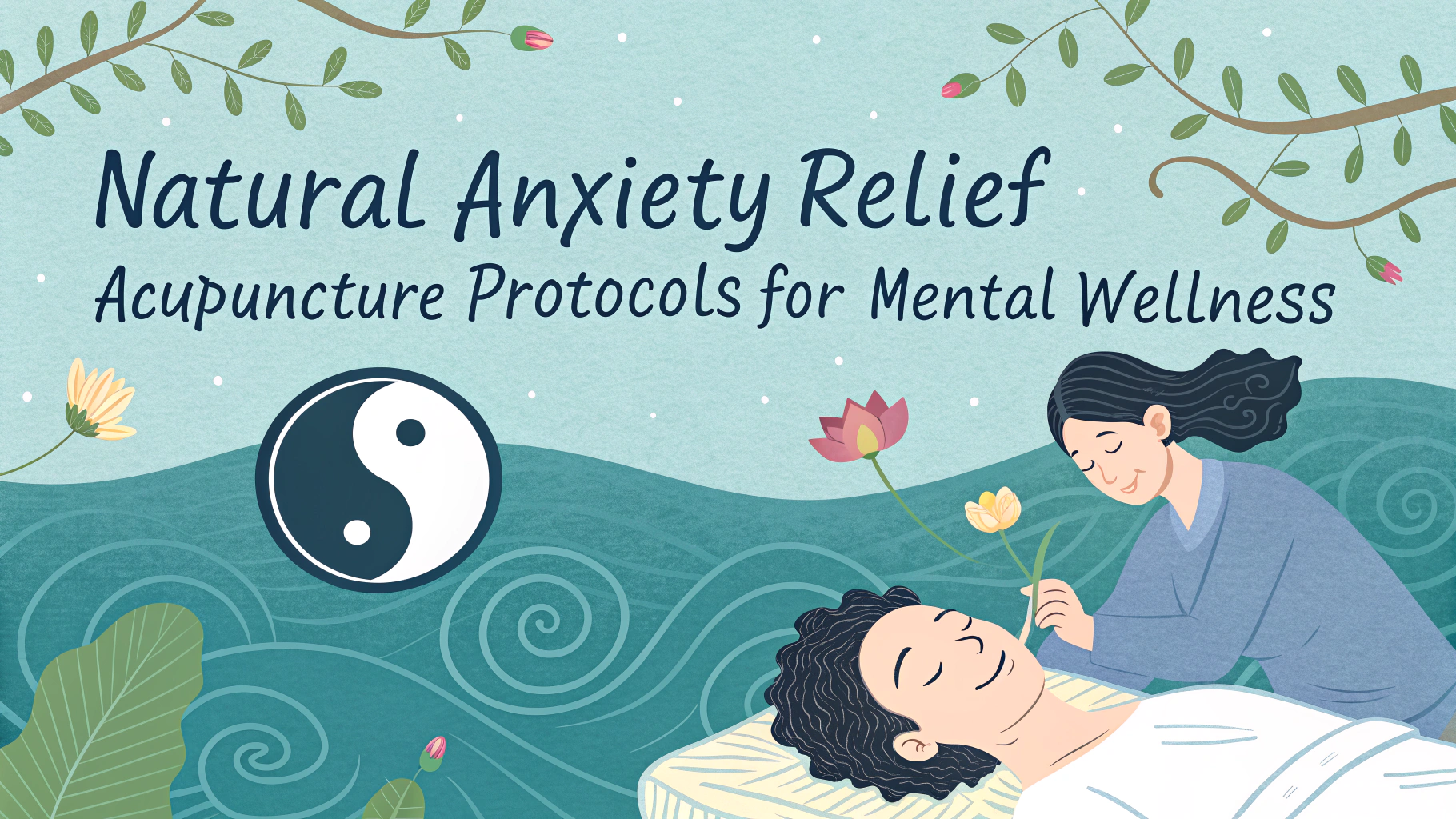
Understanding Point Selection
Fundamentals
|
technique, theory
Point selection stands as one of the most important aspects of effective acupuncture treatment. Skilled practitioners combine traditional wisdom with modern understanding to identify the optimal points for each patient’s ... Read more
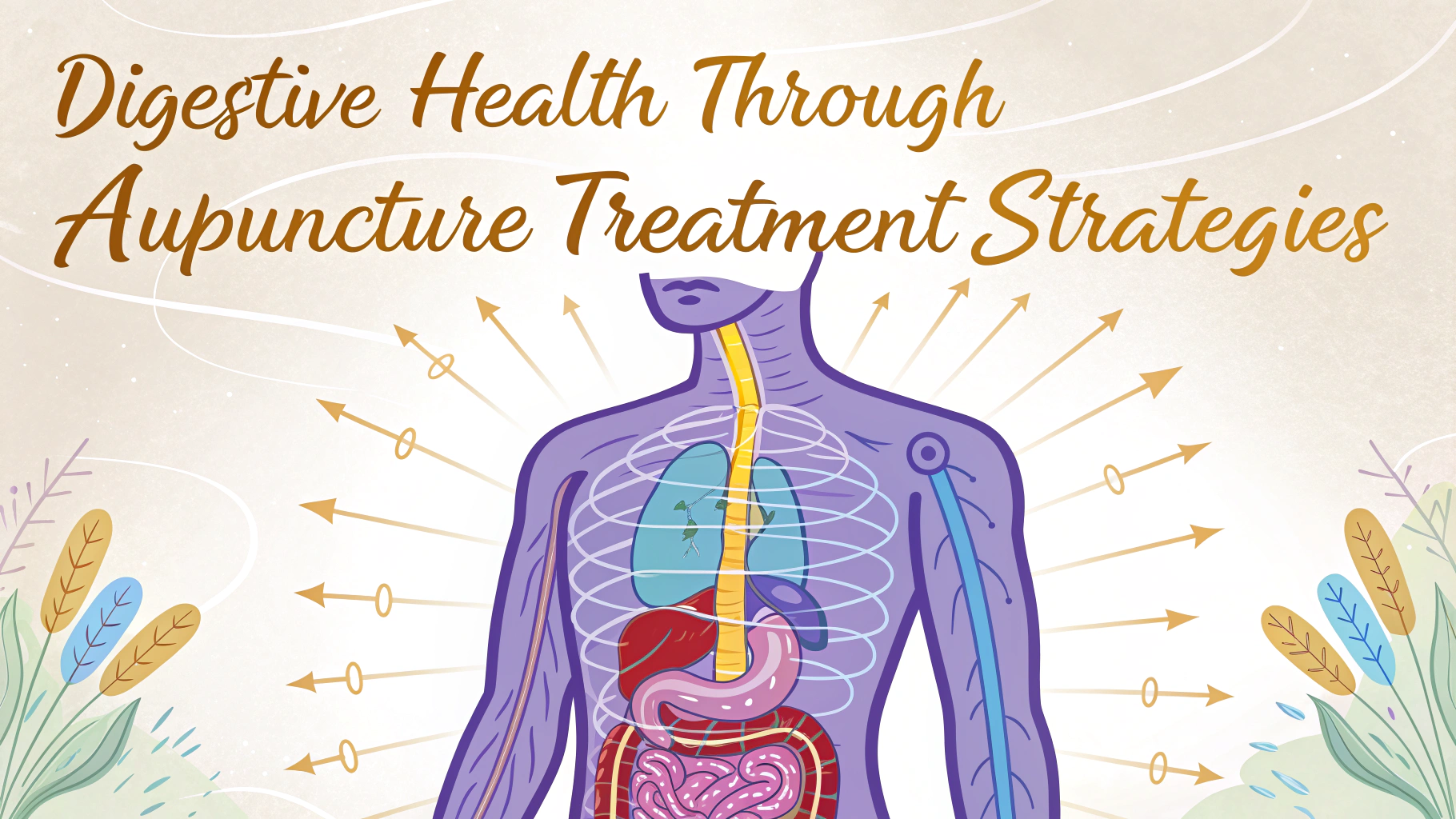
Treating Computer-Related Pain
Conditions Treated
|
ergonomics, pain
Computer-related pain affects millions of people who spend long hours working at their desks. Acupuncture offers a natural, effective treatment option for various musculoskeletal issues that develop from prolonged computer ... Read more
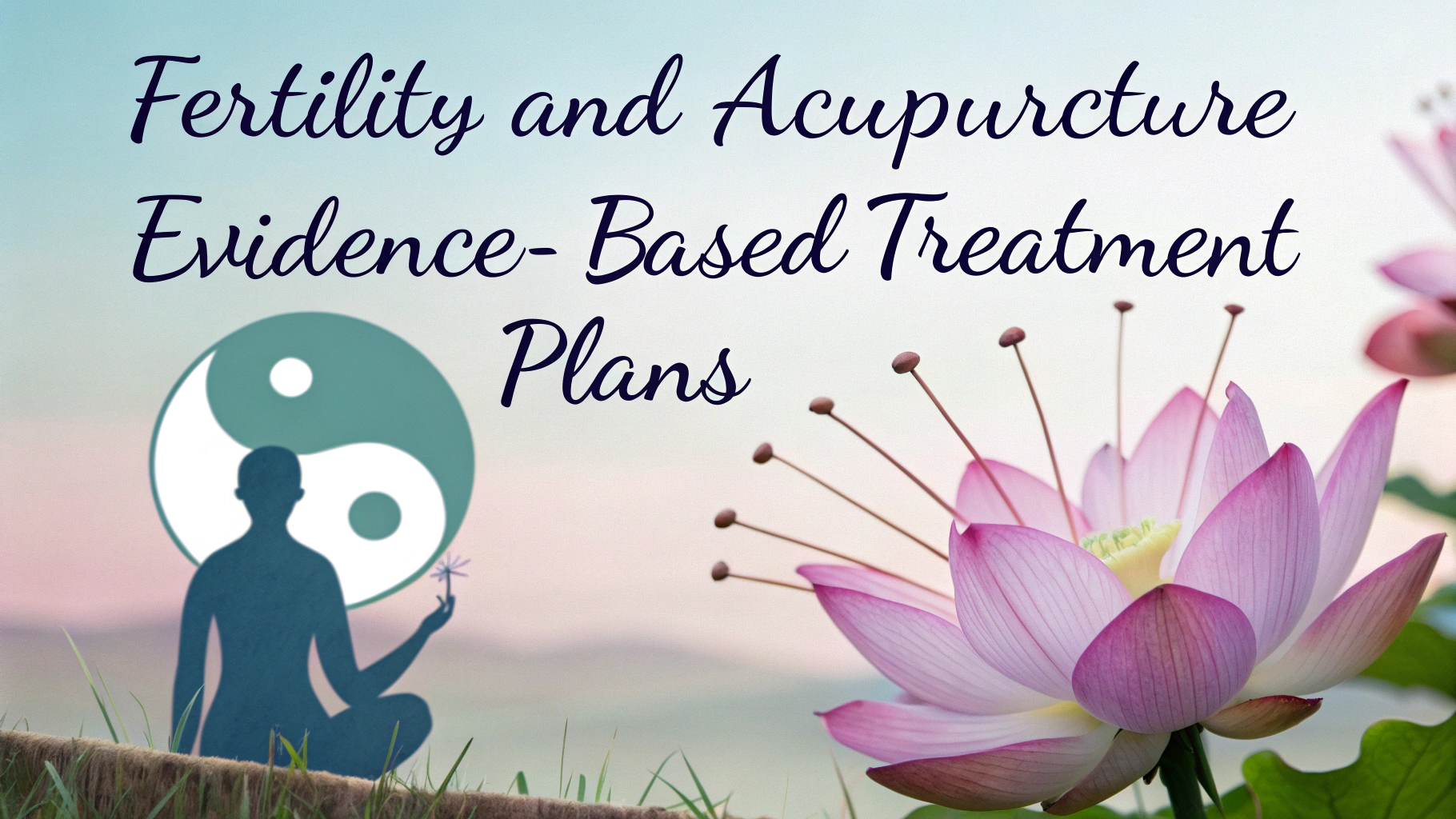
Acupuncture for Lymphatic Health
Conditions Treated
|
circulation, immunity
Acupuncture offers a time-tested approach to supporting lymphatic health through strategic needle placement and gentle stimulation techniques. This ancient Chinese medicine practice helps activate lymph flow, reduce swelling, and enhance ... Read more
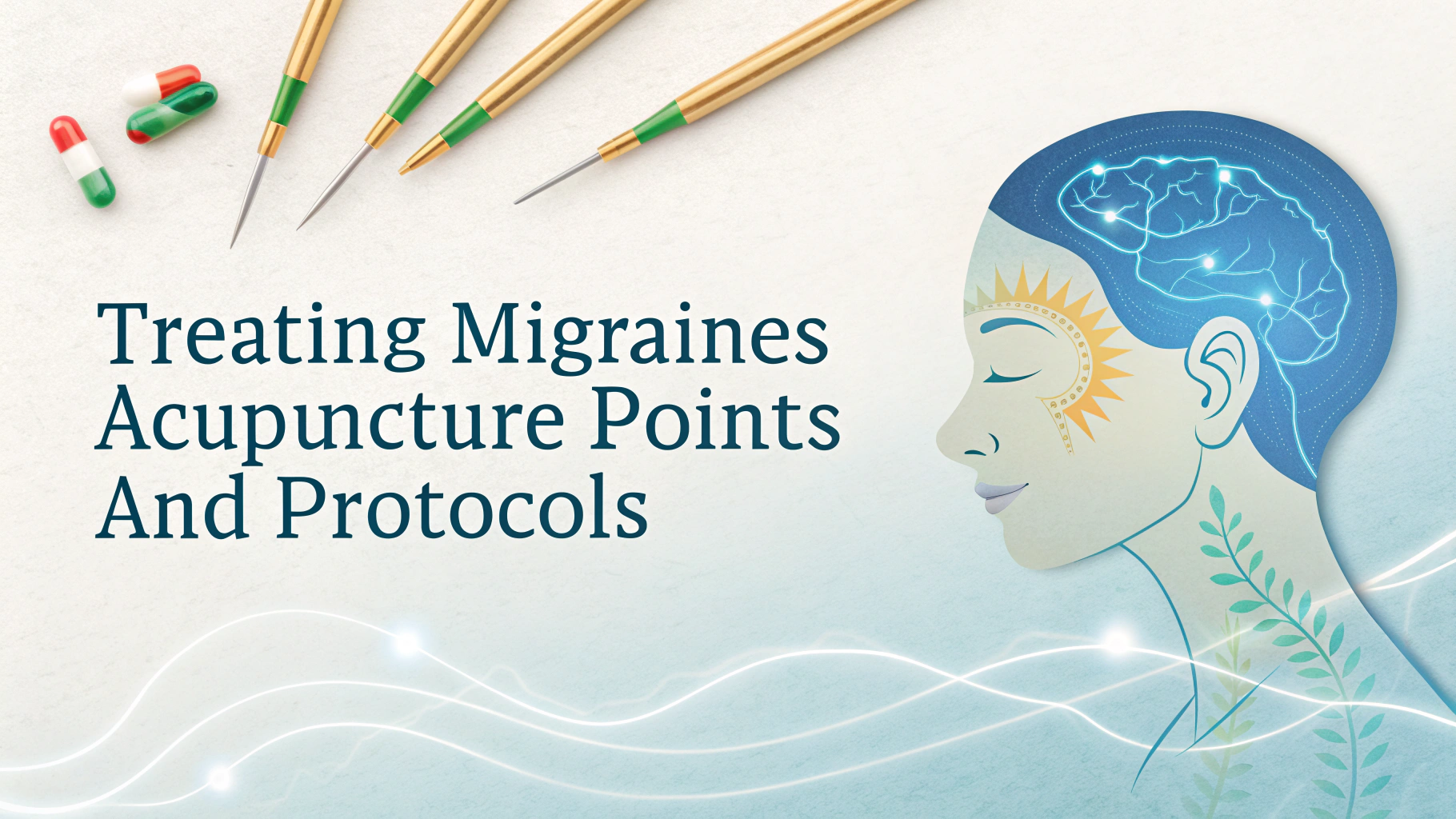
Understanding Treatment Intervals
Treatment Guides
|
frequency, scheduling
Treatment intervals for acupuncture can significantly impact the effectiveness of your healing journey. The frequency of acupuncture sessions depends on your specific health condition, severity of symptoms, and overall treatment ... Read more
